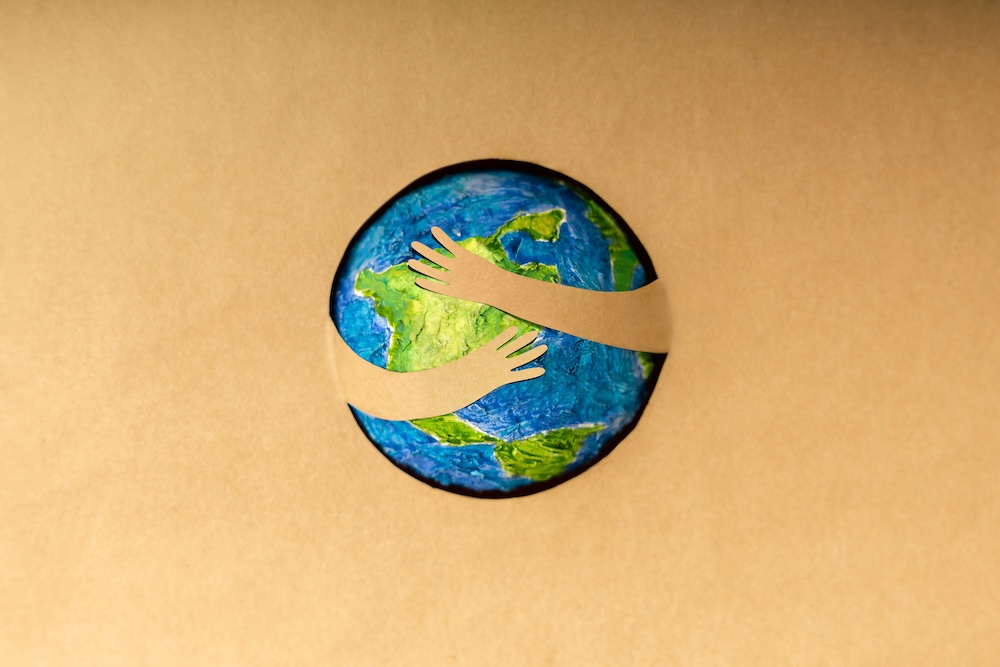In a world drowning in plastic, fast fashion, and convenience culture, the pressure to live a “perfectly sustainable” life can feel overwhelming. People freeze, assuming if they can’t do everything right, they might as well do nothing. But sustainability isn’t about perfection. It’s about awareness.
Every choice is practice. Every step is training. Perfection is a trap that keeps people paralyzed. Awareness is what creates ripples that turn into waves.
The Myth of Perfection
Perfection culture tells us sustainability means zero plastic, zero emissions, zero waste, zero compromise. But life is messy, and no one can live in modern society without some impact. Striving for flawless purity sets people up for guilt, burnout, and judgment — all of which discourage action.
The result? People throw up their hands and go back to business as usual.
Perfection doesn’t change systems. Awareness does.
Awareness Training: What It Really Means
Awareness training means:
- Seeing clearly: Noticing when plastic sneaks into your grocery cart or wardrobe. Noticing what you buy, how you discard, and how it all connects.
- Naming illusions: Recognizing greenwashing, false solutions, and cultural excuses that normalize waste.
- Building muscle memory: Each time you choose reuse, repair, or refuse, you train yourself to notice more and to act differently the next time.
- Connecting ripples: Awareness shifts spread through households, communities, workplaces. One small shift trains many eyes to see.
Awareness is not about shame. It is about practice.
Why Awareness Is More Powerful Than Perfection
- It’s sustainable in itself: You can sustain awareness; you cannot sustain perfection.
- It grows over time: The more you notice, the more change becomes natural.
- It breaks denial: Awareness interrupts the illusion that convenience comes without consequence.
- It inspires, not divides: People are more likely to join you if they see room for learning rather than impossible standards.
The Ripple Effect of Awareness
Awareness ripples in unexpected ways.
- A child notices you carry a reusable bottle and asks why. That curiosity is training.
- A co-worker sees you reuse packing materials. That observation is training.
- You notice a brand’s greenwashing claim and decide not to buy. That choice is training.
Each act of awareness strengthens the cultural immune system against waste, exploitation, and complacency.
FAQs
If perfection isn’t possible, why try at all?
Because every step matters. Awareness compounds — what feels small now accumulates into major cultural change over time.
Isn’t awareness too “soft”? Don’t we need hard action?
Awareness is the foundation of action. You cannot act differently if you don’t see clearly. Awareness exposes illusions and builds the habits that make real change possible.
What if people accuse me of hypocrisy?
They will. But hypocrisy is better than apathy. Doing something imperfectly is better than doing nothing at all.
How do I start awareness training?
Notice your daily patterns. Ask, “Where is the plastic here? Who pays the hidden cost? What happens after I throw this away?” Let the answers guide your next move.
Final Thoughts
Being “Uber” isn’t about flawless performance or rigid rules. It is about clarity. It is about seeing what others don’t want to see — the ripple effects of every choice, the illusions of perfection, the reality of interconnectedness.
Perfection is brittle. Awareness is resilient. Training awareness makes you stronger, sharper, and more capable of resisting false solutions. That is how culture shifts: not through purity, but through practiced vision.








